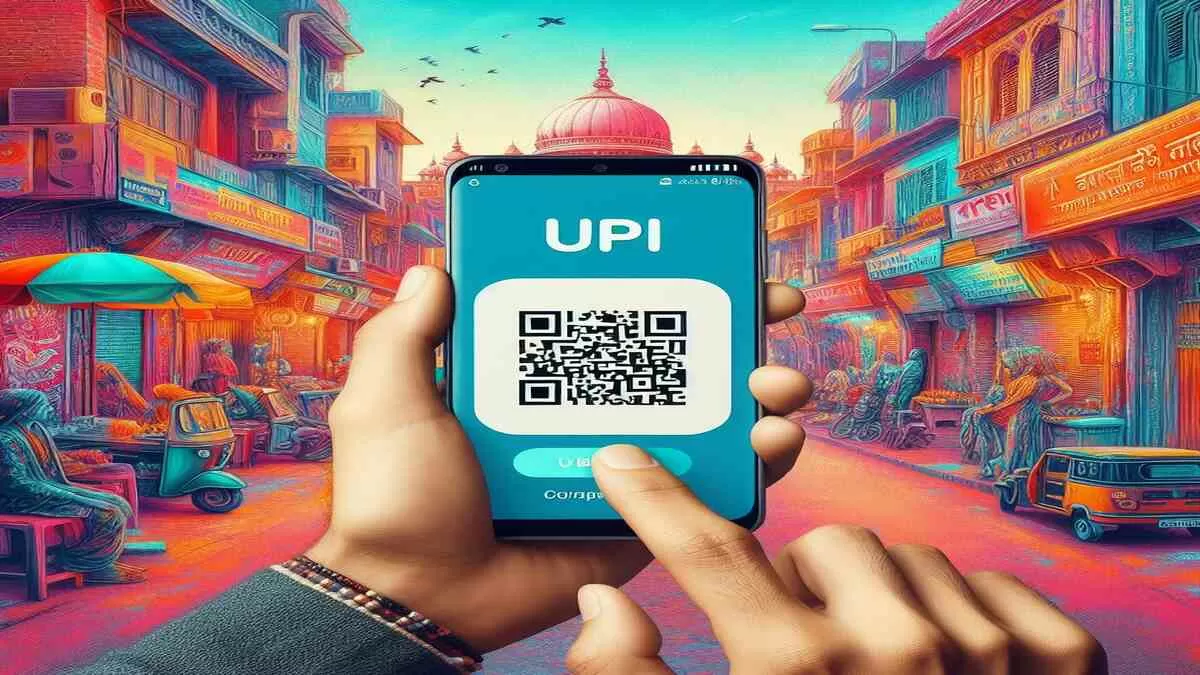
India’s Unified Payment Interface (UPI) has marked its presence on the global stage, expanding beyond its domestic success to enable cross-border transactions and becoming a preferred mode of digital payment in several countries. This strategic move aims at facilitating seamless transactions for Indians abroad and fostering global digital payment integrations.
Key Highlights:
- France has announced the adoption of UPI, enabling Indian tourists to make payments using the platform.
- Bhutan became the first country outside India to integrate UPI transactions through the BHIM app.
- Oman has linked its payment system with UPI, following a formal agreement with NPCI.
- UAE has enabled BHIM UPI at NEOPAY terminals across the country.
- Southeast Asia witnesses UPI’s acceptance in 10 countries, including Malaysia, Thailand, Philippines, Vietnam, Singapore, Cambodia, Hong Kong, Taiwan, South Korea, and Japan.
- The United Kingdom collaborates with India on QR code-based UPI transactions.
- India-Singapore linkage through UPI and Singapore’s PayNow facilitates instant, low-cost fund transfers.
- Europe sees enhanced UPI acceptance in BENELUX (Belgium, the Netherlands, Luxembourg) and Switzerland, with plans for further expansion.
UPI’s international journey underscores its potential to redefine the future of payments, offering a secure, efficient, and user-friendly platform for financial transactions worldwide. The technology has been lauded for setting new benchmarks in the global payment ecosystem, streamlining processes, and providing a secure alternative for managing financial transactions without disclosing sensitive account information.
Global Interest and Expansion: Several countries have expressed interest in or have already adopted the UPI framework, recognizing its impact on simplifying payments and enhancing financial inclusivity. The adoption of UPI by these nations not only caters to the Indian diaspora but also paves the way for a more interconnected global digital payment system. The expansion reflects India’s growing influence in the digital payment arena, with UPI at the forefront of this transformation.
The system’s interoperability, notably with Singapore’s PayNow and prospective links with other countries’ payment systems, exemplifies a significant step towards reducing remittance costs and facilitating easier cross-border financial movements.
India’s Digital Payment Revolution Goes Global: The ubiquity of UPI in India, replacing traditional payment methods and significantly contributing to the country’s digital economy, has effectively set the stage for its global journey. With billions of transactions processed monthly, UPI’s expansion into international markets is a testament to its success and reliability as a digital payment solution.
As the world moves towards greater digital financial integration, UPI’s global adoption highlights the importance of developing interoperable and secure payment systems that can cater to the needs of a global audience. This not only benefits the Indian diaspora but also contributes to the global digital economy, making payments more accessible and cost-effective for people around the world.
In Conclusion:
UPI’s global expansion is a significant milestone in the journey of digital payments, showcasing India’s innovative approach to financial technology on the world stage. As more countries adopt or express interest in UPI, it becomes clear that such platforms are not just about facilitating transactions but also about bridging financial divides and fostering a more inclusive global economy.